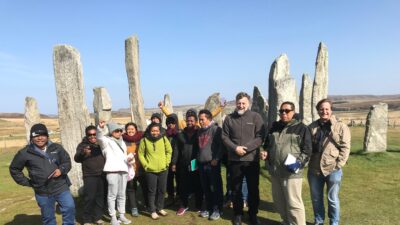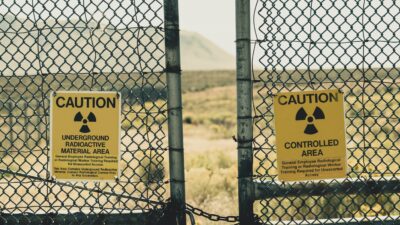This webinar provides an informed overview and discussion on the risk being posed to indigenous, fishing, agro-extractive and African-descendent ‘Quilombo’ communities by COVID-19 and their proximity to still functioning hydro and mineral and complexes that are considered as ‘key industries’ by Brazil’s government.
Mauricio Torres holds a Doctorate in Human Geography from the University of São Paulo, and is Professor at the Institute of Amazonian Agriculture at the Federal University of Pará (UFPA), with more than 20 years experience as a researcher on territorial conflicts involving traditional peoples and communities in the Amazon. He is co author of the book, ‘Amazon Besieged: by dams, soya, agribusiness and land-grabbing’; “[…] a fascinating, important and astonishing account of the battle to save the living world and the future prospects of humanity,” George Monbiot, journalist
Ana Laide Barbosa is daughter of a fisherman and peasant mother in the Amazonian region of Para state. She is an experienced, active organiser and campaigner for the rights of indigenous, peasant, fishing and African-descendent ‘Quilombo’ communities and has been central to community-based actions that expose the conflicts, loss of territory, water and livelihoods as a result of corporate dams, mining and extraction in the Amazon region. She is a partner in the COP26 related activities with Centre for Human cology, Galgael, Centre for the Political Economy of Labour at University of Strathclyde, and Forest Peoples’ Project. She is currently involved with Xingu Vivo in relation to the Belo Sun gold mining complex and the risk to local communities from Covid-19.
This FREE webinar is the first one the Centre for Human Ecology co-hosts with a group of people from Strathclyde University, the Forest People’s Programme and GalGael who have been meeting to plan an alternative event during the COP 26 summit in Glasgow.



